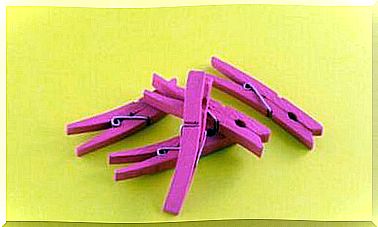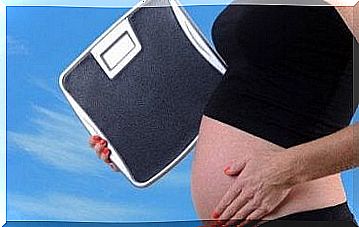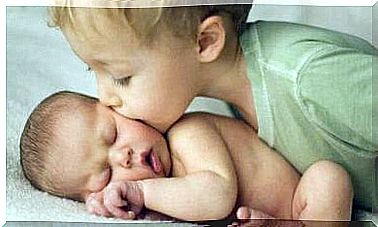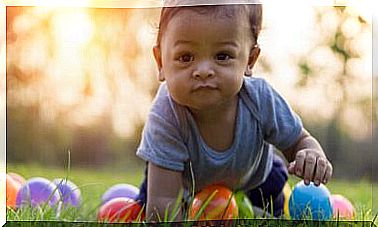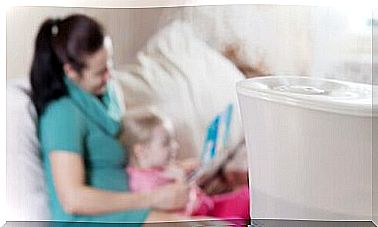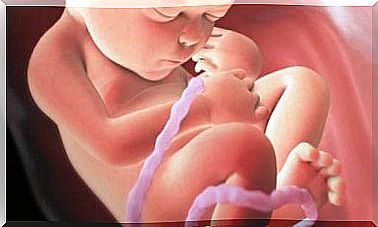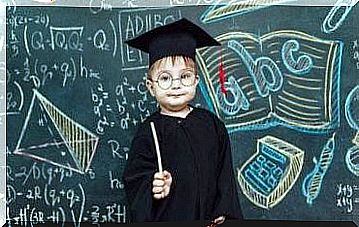What Blood Type Will My Baby Inherit? – Being Parents
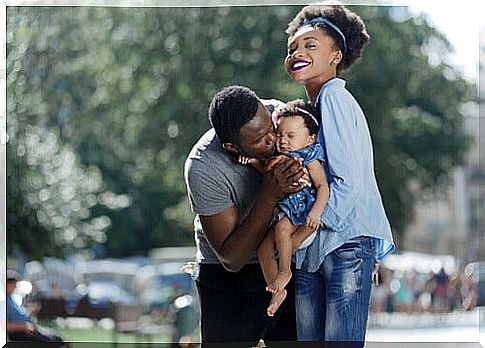
There is a popular belief that a baby’s blood type should be the same as that of one of its parents. Sometimes it is also believed that it should be a combination of the blood type of both parents. For example, if the mother is O- and the father is A +, the baby should be of the O + or A- group.
Actually, the subject of the blood type is a little more complex. It is perfectly normal for a baby not to have the same type of blood as his parents. The laws of genetics don’t work mechanically.
In the transmission of blood group and Rh, different variables operate. It is necessary to know them and examine them. Indeed, this will make it possible to determine with more precision what will be the blood type of a baby.
Genetic aspects
In fact, a baby’s blood type depends on genetic factors. That is to say, hereditary aspects. Indeed, in each trait of the organism, two genes are always involved. One comes from the father and the other from the mother. The blood group is therefore no exception.
Now the genes are divided between dominant and recessive. Dominants are those who have more strength. Those who therefore have a greater possibility of imposing themselves on others or of manifesting themselves. In the case of blood, the “A” and “B” genes are dominant. And the “O” gene is recessive.
Each blood group has different characteristics. This is because the red blood cells and the serum of each of them are different. This then gives rise to four blood groups: A, B, O and AB.
The blood group
First, every human being has dominant genes and recessive genes. Regarding the blood group, the possibilities are as follows:
- Someone from group AB has one A and another B gene.
- A person in group A can be AA or AO. Here, the dominant A gene prevails.
- If we are from group B, we can be BB or BO. Again, the dominant B gene prevails.
- However, a person in group O still has two O genes.
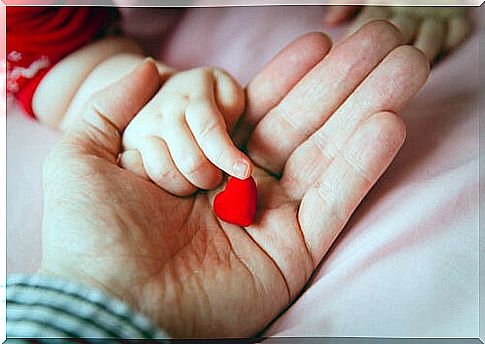
Therefore, the combination of the dominant and recessive genes of the parents is what determines the blood type of the baby. In all, i l are 16 possible combinations of heritable. These are the following:
IF THE FATHER IS FROM GROUP O :
* With a mother from group A: the child will be from group A or O.
* From a Group B mother: the child will be from group B or O.
* With a mother from Group AB: the child will be from Group A or B.
* If the mother is from group O: the child will then be from group O.
IF THE FATHER IS FROM GROUP A:
* With a mother from group A: the child will be from group A or O.
* From a Group B mother: the child will be from Group O, A, B or AB.
* With a Group AB mother: the child will be from Group A, B or AB.
* When the mother is from group O: the child will then be from group A or O.
IF THE FATHER IS FROM GROUP B :
* With a mother from group A: the child will be from group O, A, B or AB.
* If the mother is from Group B: the child will be from Group B or O.
* If the mother is from Group O: the child will then be from group B or O.
IF THE FATHER IS FROM GROUP AB :
* With a mother from group A: the child will be from group A, B or AB.
* From a Group B mother: the child will be from Group A, B or AB.
* With a mother from Group AB: the child will be from Group A, B or AB.
* If the mother is from group O: the child will then be from group A or B.
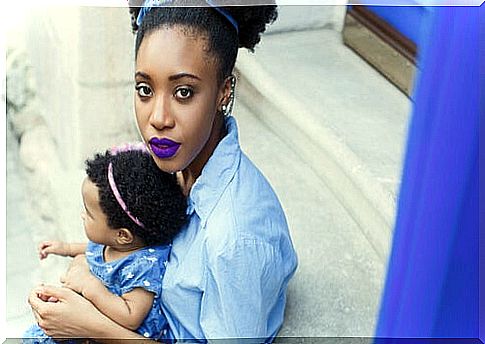
The Rh factor
Every person’s blood sometimes contains an antigen and sometimes not. If you have it, it says your Rh is positive. If you don’t have it, it is said to be negative.
As with the blood group, Rh is determined by heredity. Rh positive is a dominant gene. On the other hand, the negative is a recessive gene.
The inheritance possibilities of the Rh factor are nine. Here they are :
If the mother has Rh- :
* With a father with Rh-: the child will be Rh-.
* When the father has an Rh + (++): the child will be Rh +.
* In the case of the father with Rh + (+ -): the child will be Rh + or Rh-.
If the mother has Rh + (++) :
* With the father at Rh-: the child will be Rh + or Rh-.
* If the father has an Rh + (++): the child will be Rh +.
* In the case of the Rh + (+ -) father: the child will be Rh + or Rh-.
If the mother has Rh + (+ -) :
* With a father with Rh -: the child will be Rh + or Rh-.
* From a father to Rh + (++): the child will be Rh +.
* If the father has Rh + (+ -): the child will be Rh + or Rh-.
